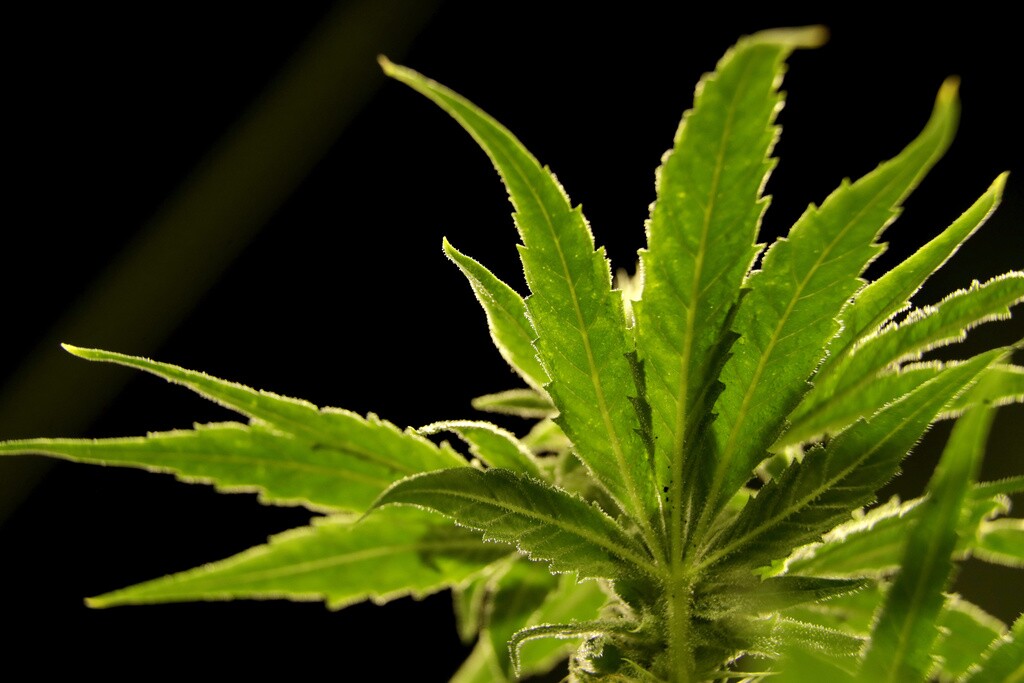During his residency at NYU, Dr. Sunil Aggarwal says he helped with research into how psilocybin, a psychedelic drug that occurs in some mushrooms, can help cancer patients deal with the depression and anxiety that comes with a terminal diagnosis.
The results, published in 2016, found that one dose of "magic mushrooms" significantly lessens mental anguish in patients for months at a time.
UCLA and Johns Hopkins have also conducted research into psilocybin, and Johns Hopkins even received millions of dollars in federal funding for it.
"Patients have a significant change in these different mood symptoms, and emotional, psycho-spiritual symptoms, and they last for sometimes a year or more," said Dr. Aggarwal.
Despite the grants and the success, getting psilocybin into the hands of dying patients has proven to be an uphill battle.
Currently, Dr. Aggarwal, who works with terminal cancer patients in Seattle, is in a legal battle with the Drug Enforcement Agency.
He's trying to get permission to administer psilocybin to his patients under Right to Try laws, as well as to get the psychedelic redefined from a Schedule I drug — which by definition has no medicinal value — to Schedule II.

U.S. News
Biden administration moving to reclassify marijuana in a historic shift
The case currently sits in the 9th Circuit Court of Appeals and last month, the DEA filed a brief defending its position that Right to Try laws do not supersede the Controlled Substances Act, which categorizes drugs, saying in part: "Permitting physicians to dispense psilocybin would not be consistent with public health and safety. As a matter of law, the drug has no accepted medical use in treatment and a lack of accepted safety for use under medical supervision."
The DEA states that Aggarwal could give the drug to patients as a licensed researcher, just not as part of his current practice.
"The DEA has interposed itself to prevent the operation of duly enacted state and federal law to the detriment of dying patients nationwide," said Kathryn Tucker, Dr. Aggarwal's attorney.
Tucker says trying to get the DEA's permission to give psilocybin to terminal patients has turned into a nearly four-year struggle.
It's a struggle that could end after arguments are heard this summer in San Francisco, and shape the way dying patients in America are treated.





